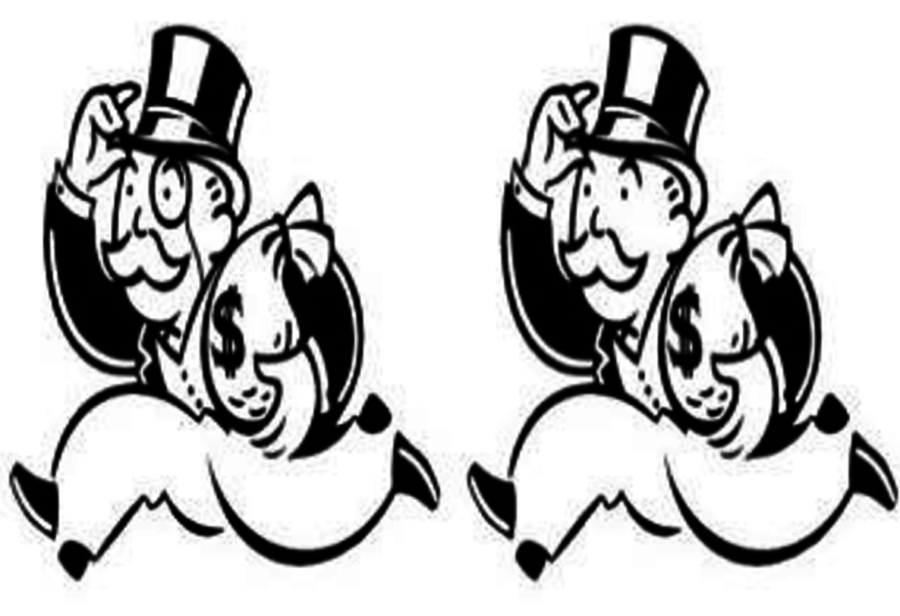Opposing the Mandela Effects
December 11, 2018
Human recognition is an unusual concept, and its capacity to be manipulated, extraordinary. Little is definite about the individual psyche and memory, but it cannot be said that it is without flaw.
Exceptionally perplexing is the anomaly of false memories, or inaccurate recollections of previous events that are so vivid to those who recall them that they may heavily disregard any and all conflicting evidence.
The premise for which the “Mandela Effect” gained its name and popularity refers to the faulty belief that Nelson Mandela past away during his prison incarceration. When in reality, he was released from prison and later died in 2013. Yet thousands of people recall memorial events following his alleged death, leading to many theories as to why.
What is the cause of populations to recall situations so definitely, and thereafter learn that such never existed?
According to the basis of the theory, if you recall the name of the kids’ show as the “Berenstein Bears” rather than the Berenstain Bears, or that the line from Snow White and the Seven Dwarves was “mirror, mirror on the wall,” the only possible explanation could be parallel universes.
To put it simply, some believe that the universe that we exist in collided with another (totally legit science) and therein shaped past situations to fit their data, and those who recognize said situations as they perceived are the chosen ones… and not just absent-minded.
Another well-known case is that of the movie line, ¨Luke, I am your father,¨ which left people appalled upon learning that the iconic line is a false quotation. But is it that many recall the line being delivered in those words, or that one individual’s error spread so magnificently?
¨I always remembered the line being ´Luke, I am your father,´ even though I never even saw the movie, [The Empire Strikes Back]” said Pitman sophomore, Allie Brown. “I really just heard people saying it so often that I figured it was right.”
There is plenty to be said about the influential power of word-of-mouth, and how one person’s mispronunciation of “Berenstain,” or a single misquotation of, “No, I am your father,” could travel like wildfire.
A separate reasoning stands regarding the distortion of the line, “mirror, mirror on the wall.” Such can easily be explained by the fact that in the original story, the phrasing was just that, but the final wording was changed to “magic mirror on the wall,” for the Disney feature film.
From then on, one can conclude that overtime, as parents told their small children that story, they quoted the written version rather than the movie, and because our young minds could not comprehend that sources existed other than films, we associated the theatrical representation as an exact depiction the original tale.
Yet human egotism leads to an unrelented confidence in our own memory, and our conceit prefers to invent a theory that universes collided rather than accepting that their own recollection is simply incorrect.
